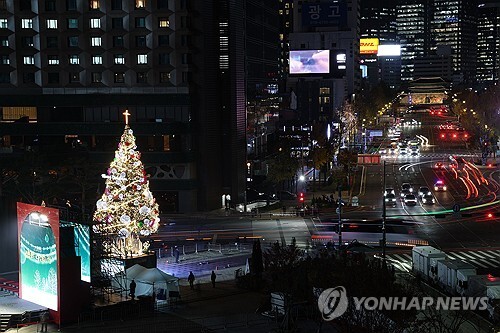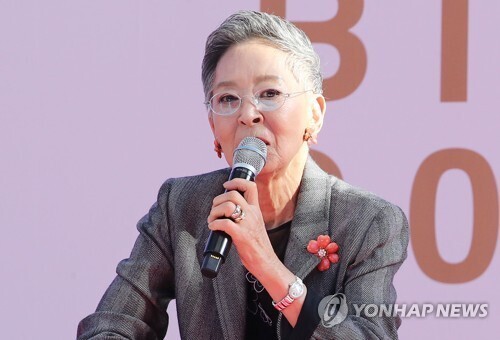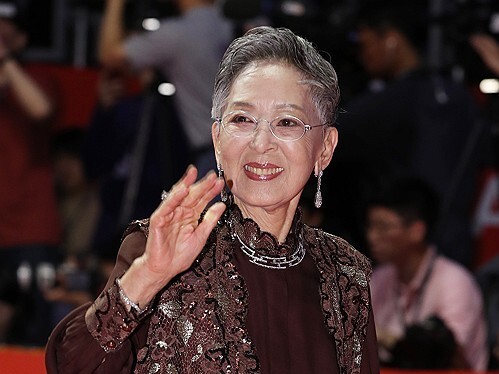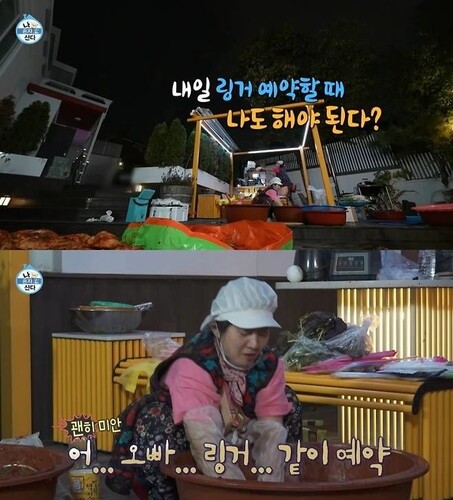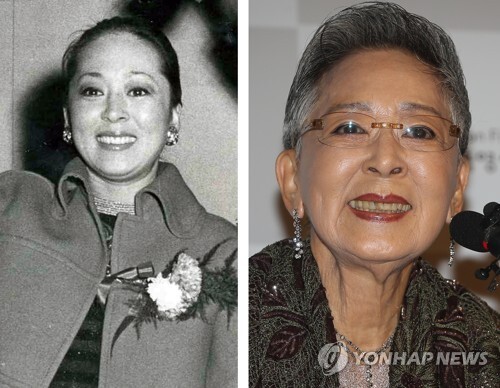 |
| ▲ Members of the Korean Successor Advanced Farmers Federation hold a press conference in front of the presidential office in central Seoul on July 16, 2025, in this photo provided by the group. (PHOTO NOT FOR SALE) (Yonhap) |
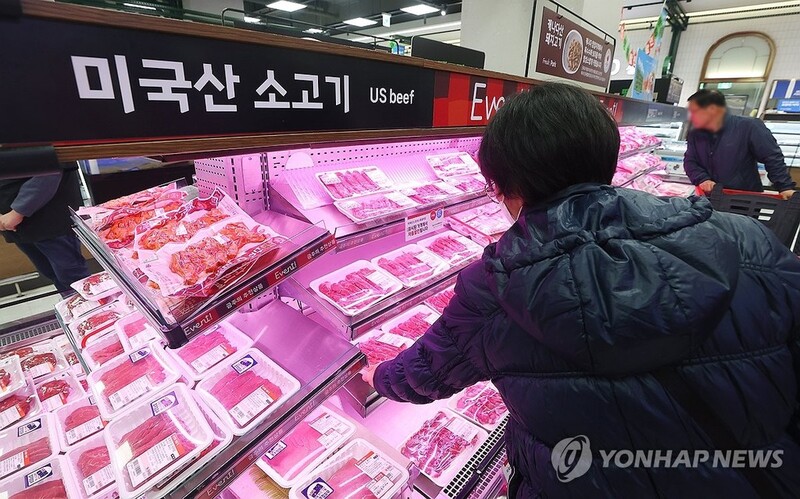 |
| ▲ U.S. beef products are being sold at a supermarket in Seoul on April 1, 2025. (Yonhap) |
agricultural groups-trade negotiations
Farmers threaten collective action against possible opening of agro market to U.S.
SEOUL, July 18 (Yonhap) -- Local farmers' groups on Friday intensified calls to protect South Korea's agricultural and livestock industries in ongoing tariff negotiations with the United States, threatening to take collective action if the Seoul government agrees to further open the country's agro-livestock market as a bargaining chip.
Upping the ante, four farmers' advocacy groups, including the federation of Korean agricultural and livestock associations, held a joint press conference in front of the presidential office in central Seoul, urging the government not to sacrifice the Korean agricultural and livestock sectors in a bid to strike a trade deal with the U.S.
"We will not stand idly by if the government removes tariffs and non-tariff trade barriers on agricultural and livestock products without the consent of farmers," the groups said in a joint statement.
"If such a decision is made, we will launch large-scale collective action to ensure the sustainability of Korea's agriculture and to protect the right to health of 50 million Korean citizens," the statement read.
The farming and livestock industries have emerged as some of the most sensitive issues in the ongoing tariff negotiations between Seoul and Washington, with the U.S. pressuring Korea over a wide range of non-tariff measures, including its import ban on American beef from cattle aged 30 months or older due to concerns over mad cow disease.
In a report on foreign trade barriers released earlier this year, the U.S. Trade Representative (USTR) also criticized Korea's regulatory system for agricultural biotechnology, such as living modified organisms (LMOs), and strict rules on agrochemical residues of imported agricultural products.
Opposition erupted from the Korean agriculture and livestock industries after Trade Minister Yeo Han-koo told reporters Monday that trade negotiations on the sectors "always come with pain," but that some trade-offs could be strategically considered for a broader trade deal with the U.S., which, he argued, may lead to enhanced competitiveness of the industries in the future.
Yeo's remarks came after his visit to Washington last week, where he held trade talks with USTR Jamieson Greer, U.S. Commerce Secretary Howard Lutnick and other officials.
"South Korea is the fifth-largest importer of American agro-livestock products," the farmers groups said, noting that Seoul's imports of American agricultural and livestock products increased 56.6 percent over the past 15 years thanks to reduced tariffs under the countries' bilateral free trade agreement, which went into effect in 2012.
"Using the agricultural and livestock markets as a bargaining chip amid a worsening trade balance in the sectors effectively signals the government's abandonment of local industries," they added.
"If our market is further opened, U.S. agricultural and livestock products will enter the country in greater volumes, putting increased pressure on the domestic market and threatening the foundation of South Korea's agricultural production."
The advocacy groups urged Industry Minister nominee Kim Jung-kwan to take actions to protect the farmers, while calling on Yeo to step down.
During his confirmation hearing held Thursday, Kim said he fully understands the sensitivity of the issue and that the negotiation team is closely coordinating with relevant ministries to better protect national interests in trade talks with the U.S. Donald Trump administration.
Earlier in the day, the rival parties agreed to approve the parliamentary confirmation hearing report for Kim considering the urgency of trade negotiations with the U.S.
(END)
(C) Yonhap News Agency. All Rights Reserved







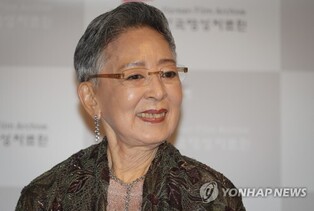

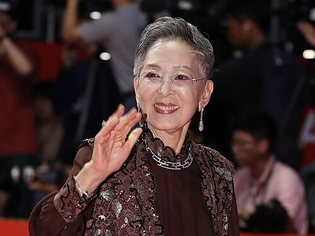
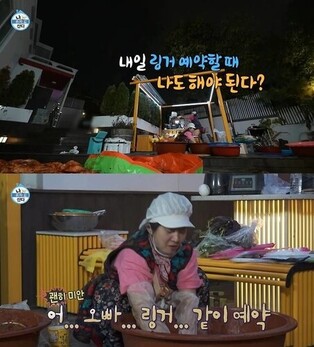
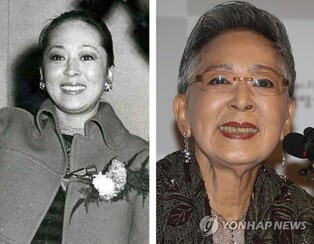

![[가요소식] 지코, 요아소비 이쿠라와 신곡 '듀엣' 발매](https://korean-vibe.com/news/data/20251212/yna1065624915953509_920_thum.jpg)
